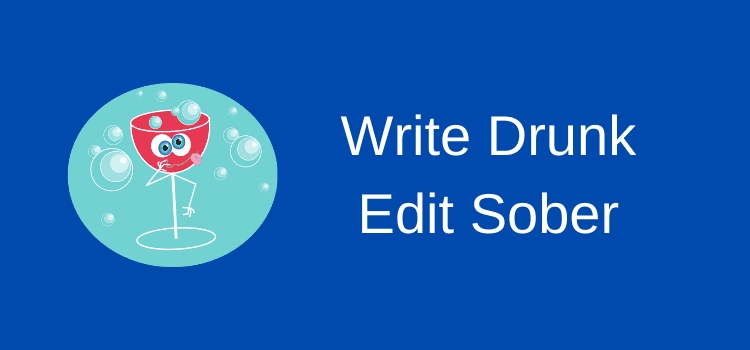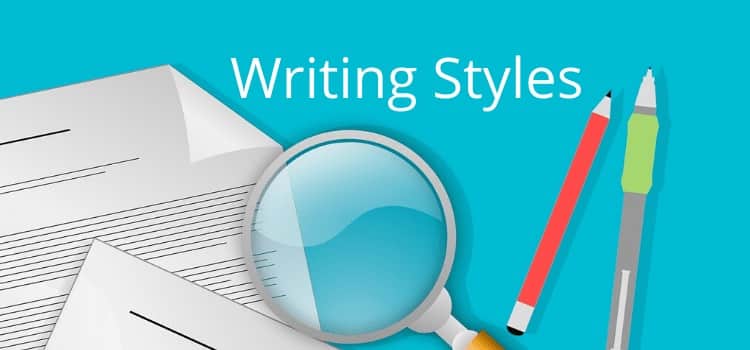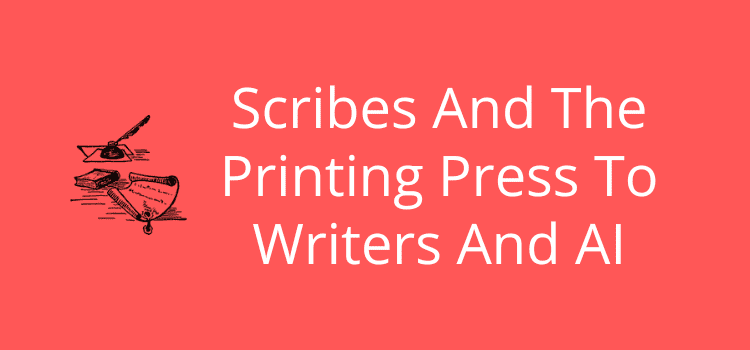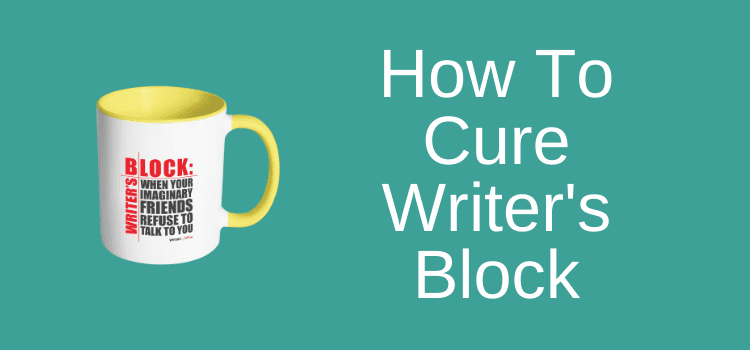
Did Ernest Hemingway ever advise, write drunk, edit sober? Probably not, but it has become one of the most popular fixed expressions for new writers.
If you have just started writing or are attending writing classes, you must have heard the expression. On social media, writers have used the phrase thousands of times.
Yet, the term does not necessarily convey the literal meaning that you should always drink and write. Nor does it mean that you can only edit when you are not taking a proverbial sip.
To understand what has become an entrenched writing idiom, it is worth finding out where it may have originated.
The confusing origin of write drunk, edit sober
According to Hemingway’s granddaughter, Mariel, it is not a quote from her grandfather.
“That’s not how he wrote,” the 51-year-old Manhattan actress says of The Old Man and the Sea author.
“He never wrote drunk, he never wrote beyond early, early morning.”
She says he is often used to glamourize addiction. “So many writers glorify my grandfather’s way of living as much as they glorify his work.
And so they try and mirror that. I think it’s the misperception of addiction and living life on the edge as if it’s cool.” Source
If it wasn’t Hemmingway, the quote might have originated from a 1964 novel, Reuben, Reuben, by the humorist Peter De Vries.
The following quote is from the beginning of chapter twenty-one.
“Sometimes I write drunk and revise sober,” he had said, “and sometimes I write sober and revise drunk. But you have to have both elements in creation — the Apollonian and the Dionysian, or spontaneity and restraint, emotion and discipline.”
There are other names, including Gowan McGland, Dylan Thomas, F. Scott Fitzgerald, James Joyce, Stephen Fry, William Faulkner, and, of course, Anonymous, that a variety of theories mention.
But in truth, it seems that no one has been able to prove the precise origin of these four words.
What does writing drunk mean?
If you peel away the drunken Hemingway myth and set the words in an abstract context, there is excellent advice for new writers from this simple four-word expression.
When you go past the literal meaning of drunk when it relates to the excessive consumption of alcohol, there are many clues to what the idiomatic expression means.
It can mean that to be drunk on or with something. You are so excited by a feeling that you behave strangely, unusually, or at least differently from how you would normally.
Therefore, you can be drunk on things like love, power, passion, or hope. At the same time, being drunk, or perhaps even high, can also have a sense of being free from everyday worries or concerns.
Taking these interpretations of what drunk implies in the phrase, you can then start to relate it to a sense that it is suggesting creativity by being drunk on writing.
Writing drunk, in this sense, means to have the freedom from any restrictions that could inhibit your ability to create without bounds. When you write, you can forget about all the rules, guidelines, and external advice.
In a practical sense for writers today, writing drunk might mean turning off your wi-fi, social media, or any other online distraction. Yes, you should turn off the writing checker you use.
You wouldn’t want an editor hanging over your shoulder when you are writing, so the same goes for any electronic editing aid you use. When you write with total freedom, you are free from all distractions and can focus your entire energy on the creative aspect of writing.
What does edit sober mean?
I doubt that it means it is time to put down the whiskey bottle. But it should mean that is when you need to take a sober view of your writing.
Or in other words, it is time for you to be serious, sensible, thoughtful, steady, and level-headed—perhaps also unemotional, dispassionate, factual, realistic, and objective.
Editing your writing is a clinical and analytical stage that is all about accuracy rather than creativity.
The use of the word sober illustrates opposing states or the completely different state of mind you will need when you start to edit your first draft.
It can be a painstaking process that requires immense concentration and effort. But you can make it a little easier by turning your grammar checker back on.
Perhaps then, you do need to be as sober as a judge when editing.
Is there any truth in the expression?
Yes, I believe that there is and that it is sage advice for new writers.
But you should forget all about the literal meaning and the image of a writer guzzling on a flask of whiskey or a bottle of red wine while tapping out a new epic piece of fiction.
It has nothing to do with the consumption of alcohol or improving your ability to write creatively. The expression is about finding a mindset where you can let your creative juices run freely.
Perhaps that you are unencumbered and uninhibited, and your mind can run free and produce the words you need for your first draft.
Forget the threat of nasty hangovers and concentrate totally on becoming drunk on creativity.
When you finish writing, you should change hats–from drunk to sober. But you should take your time when changing.
Good advice is to allow plenty of time between writing and editing. You need to divorce yourself from one before you start on the other.
Without a long break, you are still too involved in your story to be objective about your writing — sober means to be clear-headed. So, clear your head of your story before you think about trying to be analytical.
Line editing, copy editing, and proofreading are all necessary tasks. However, they can only begin when there is a completed draft to check.
If there is one message to take from, write drunk edit sober, it is this. The two are very separate processes, so you should never try to mix them.
You cannot be sober and drunk at the same time.
Conclusion
As an expression or even a figure of speech, this phrase has become a popular modern-day writer’s favorite.
But I certainly don’t agree that there is a valid reason to believe that it has anything to do with the romantic and misplaced belief that excessive alcohol consumption and writing go hand in hand.
The expression is all about a writing myth.
It is much better to read the four words as advice to separate two very different and vital parts of the writing process.
Related Reading: Does The Pronoun None Take A Singular Or Plural Verb?
Share This Article



Thank you, Harmony. Very kind of you to share this article.